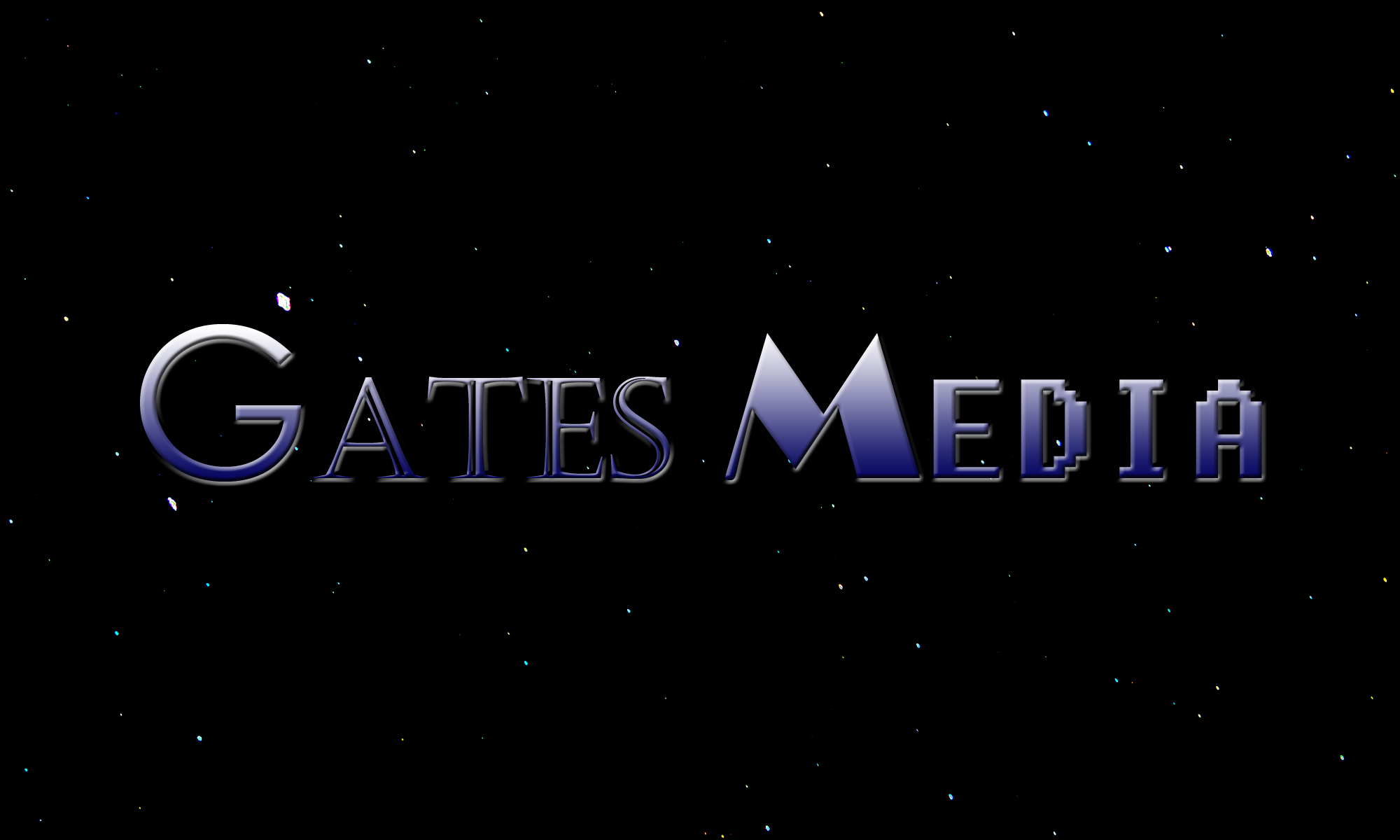For quite a while, I’ve accepted the argument that employers have the right to fire employees who say things perceived as, or that are in actuality, racist, sexist, or otherwise offensive on social media. Employees represent who their employer hires and the company as a whole. If they represent themselves badly, they can cost the employer sales and customers, so it makes sense that a post on Facebook could cost the poster his job… Right?
Mike Cernovich’s documentary on free speech, Silenced, made me think of a different way to look at this dilemma. Firing someone is equivalent to throwing rocks at them for something they said, which contradicts everything we teach our children and uphold as moral. When a child says something mean to another child on the playground, we generally don’t encourage the victim to beat the bully half to death with a stick. In movies and TV shows, heroic children stand up to bullies with cleverness by revealing the bully’s hypocrisy and flaws. More realistically, we encourage our children to tell a teacher or parent; an adult will have more resources to find the source of the bully’s behavior and (hopefully) correct it. We can also encourage children to ignore the bully or leave the situation.
This is what we do in our personal life as adults, too. If someone has an opinion we disagree with, we can attempt to reveal the flaws in their belief, or discover the flaw in our own, in a discussion; we can share the books, videos, and podcasts that support our beliefs; we can accept that we have different opinions; or we can disengage with one another altogether. If we can’t prove that someone’s opinion is wrong, or if they’re just being mean or stubborn, it still isn’t acceptable to punch them in the face.
When employed citizens voice a thought perceived as unpopular, misinformed, or offensive, however, suddenly, it’s acceptable to deprive them of food and shelter (i.e. their source of income). Sure, if an employee is pestering customers and colleagues with her troll-like personality, stubbornness, or beliefs and negatively affecting the company’s productivity, then she should be fired, not because of what she says but because she isn’t doing her job. But if companies must fire employees for what they say on their personal time to please their customers, what does this say about the customers and society as a whole? They are so sensitive that they see a man venting thoughts to his Facebook wall as the next Hitler simply because he mentions a statistic that, on average, whites have higher IQs than blacks and Hispanics. They love diversity so much that they would reject everyone who isn’t like them. They are so uncertain of themselves and their beliefs that they would sooner kill someone who questions them than allow their “attacker” to have his naive beliefs. They are so afraid of the violence that the speaker doesn’t even intend to perform that they would perform it first. They are so dependent on the speakers’ thoughts being false that they would silence them without proving them false. They are so immature that they want an adult, a company, to ruin anyone who says something they disagree with. And companies have no choice but to serve them.
The question isn’t just, “Should companies fire employees for what they say on social media?” The question is also, “What type of customers do we want to be?”
